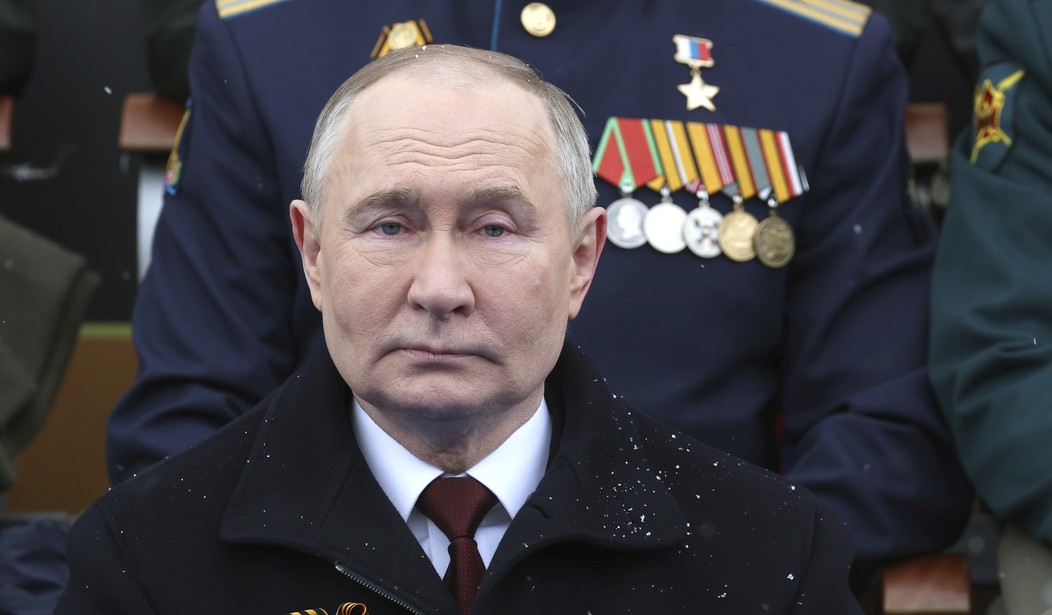When the Russians invaded Kyiv Region in February 2022, 66-year-old Tetiana Vlasova joined her husband in rushing inside their home and locking the door. Unfortunately, the locked door wasn’t enough to protect them.
Two Russian soldiers came to the house, and one of them shot the front door’s lock and tore off the door. Peering inside, the soldiers saw Tatiana and Sergei, huddled against the back of the room, as far away from the front door as they could manage.
One started firing his machine gun. “Don’t shoot!” Sergei pleaded. “We’re old, and my wife is disabled!”
The other soldier pulled a grenade from a pouch in his vest, and then, with practiced skill, removed the pin, and lobbed the live grenade through the door. It bounced once on the floor and then detonated.
The explosion was so loud Tatiana felt the shockwaves tear through the room, shattering all the windows, splintering furniture, and sending debris flying in all directions. She remembers an extreme burning sensation which turned out to be shrapnel from the grenade that embedded itself in her arm and chest. She also remembers looking at her arm and seeing “terrible bleeding.”
After machine gunning and grenading these two senior citizens, the soldiers went to the shed near the house and lobbed a grenade in there. They then climbed a fence and ran away.
Meanwhile, Tatiana was looking at her arm in horror, watching her blood flowing. Neighbors quickly came and helped staunch the bleeding. A little later, a paramedic arrived and tried and failed to remove the shrapnel. Tatiana still has pieces of metal in her chest.
The shrapnel will probably be with her for the rest of her life. The emotional consequences are harder for her to bear. In Ukraine, a husband’s cultural role and his identity as a man include protecting his wife and his home. As a Ukrainian man, Sergei felt cataclysmic guilt that he didn’t fulfill what was expected of him.
Recommended
A few months after his wife was injured in the grenade attack, Sergei suffered a fatal heart attack. Tatiana is certain that his unremitting feelings of guilt and inadequacy played a major role in his death. The loss of her husband, coupled with the horror of seeing another human being deliberately hurl a grenade into her home, has left her with profound feelings of grief, isolation, and horror.
Because of her injuries, going out is difficult so she spends most of her time home, alone. Her sense of loneliness is compounded by the constant worry about her son, who serves in the military.
“She is scared to pick up the phone because she’s afraid it may be bad news,” Viktor Dlugunovych, a New York psychologist, told me. Dlugunovych is a part of the Healing Hidden Wounds project, an initiative designed to address the mental health eneds of veterans, service members, and those suffering from invisible scars of war. Ukrainians with mental health issues meet with Western mental health professionals who provide emergency first aid for mental health issues. As part of the project, Dlugunovych advises Tatiana by Zoom.
Dlugunovych stresses the importance of Tatiana addressing her loneliness and isolation. “It’s her biggest problem,” he says. He recommends that she ask her son and daughter to make the time to visit her, even if it means traveling a couple of hours. “They should drive their mother to church once a week,” he suggests. “It’s a privilege to have a mother who is alive. I just wish my mother were alive and I could drive her to church.”
Dlugunovych, who is Ukrainian himself by birth, knows that culturally it’s hard for Tatiana to ask for this kind of help. She doesn’t want to be a burden. However, he also feels that she needs to ask for her children’s sakes as well as her own. Her son and daughter need to know that she needs help, and they need to provide that help. In future years they’ll likely be glad they did so.
People who know Tatiana say it means a lot to her that people in other countries care, and that she’s not alone. She also knows that by telling her experience, it helps those in the West understand why Ukrainians want their country back and why they don’t want to live under Russian occupation.

























Join the conversation as a VIP Member